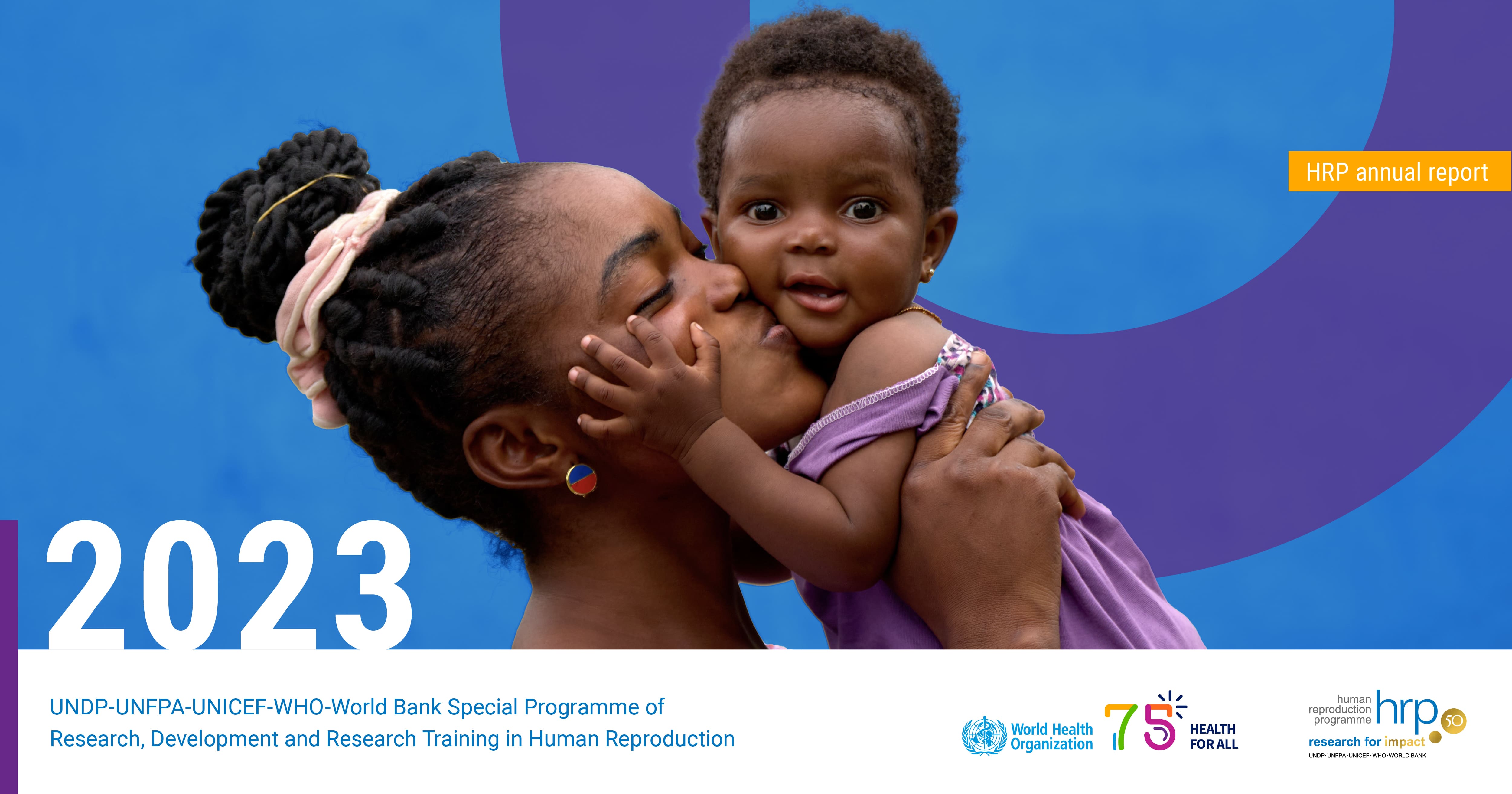Memorandum on the administrative structure of the special programme
HRP is governed in accordance with a Memorandum on the Administrative structure of the Special programme, which was initially approved by the World Health Assembly in 1998 under WHA resolution WHA 41.9.
HRP Theory of Change
In 2019 HRP developed a new Theory of Change, which articulated HRP’s high-level goals, its work, and its intended outputs and outcomes in terms of country outcomes and impact. The Theory of Change includes a detailed results framework, with indicators that are used for internal and external performance management and reporting.
HRP Programme budgets and workplans
Biennial programme budgets and operational plans are developed by the secretariat and reviewed by HRP’s Gender and Rights Advisory Panel and HRP’s Scientific and Technical Advisory Group. They are then presented for approval to the Policy and Coordination Committee, HRP’s governing body. The HRP programme budget is integrated into the biennial WHO Programme Budget.
HRP annual reports
HRP’s major achievements are summarized in an annual report, which is presented for approval to the Policy and Coordination Committee, HRP’s governing body. The HRP Annual report is presented both as an interactive web site, and as a traditional formatted document. The content of the two formats is identical.
Latest annual report
All →HRP Performance dashboard
HRP’s Theory of Change includes a detailed results framework, with indicators that are used for performance management and reporting. Progress in the achievement of these indicators, including historical trends, can be monitored in the HRP Performance Dashboard.
HRP External evaluations
The Policy and Coordination Committee, HRP’s governing body, commissions periodic in-depth external evaluations, carried out by independent evaluation teams. These evaluations typically provide information on the fulfilment of HRP’s objectives, its efficiency and effectiveness, its comparative advantage, and the impact and sustainability of its work.

